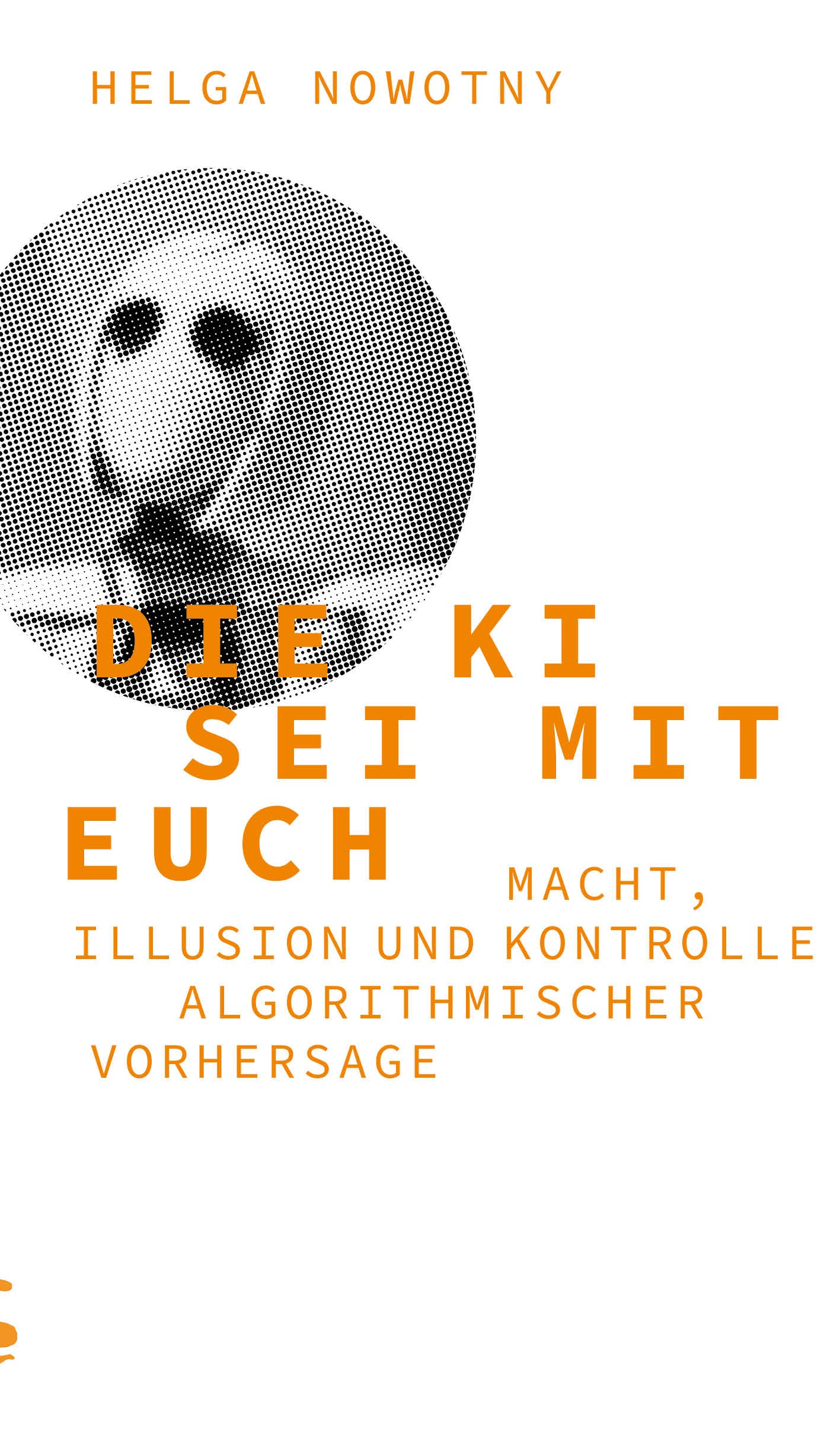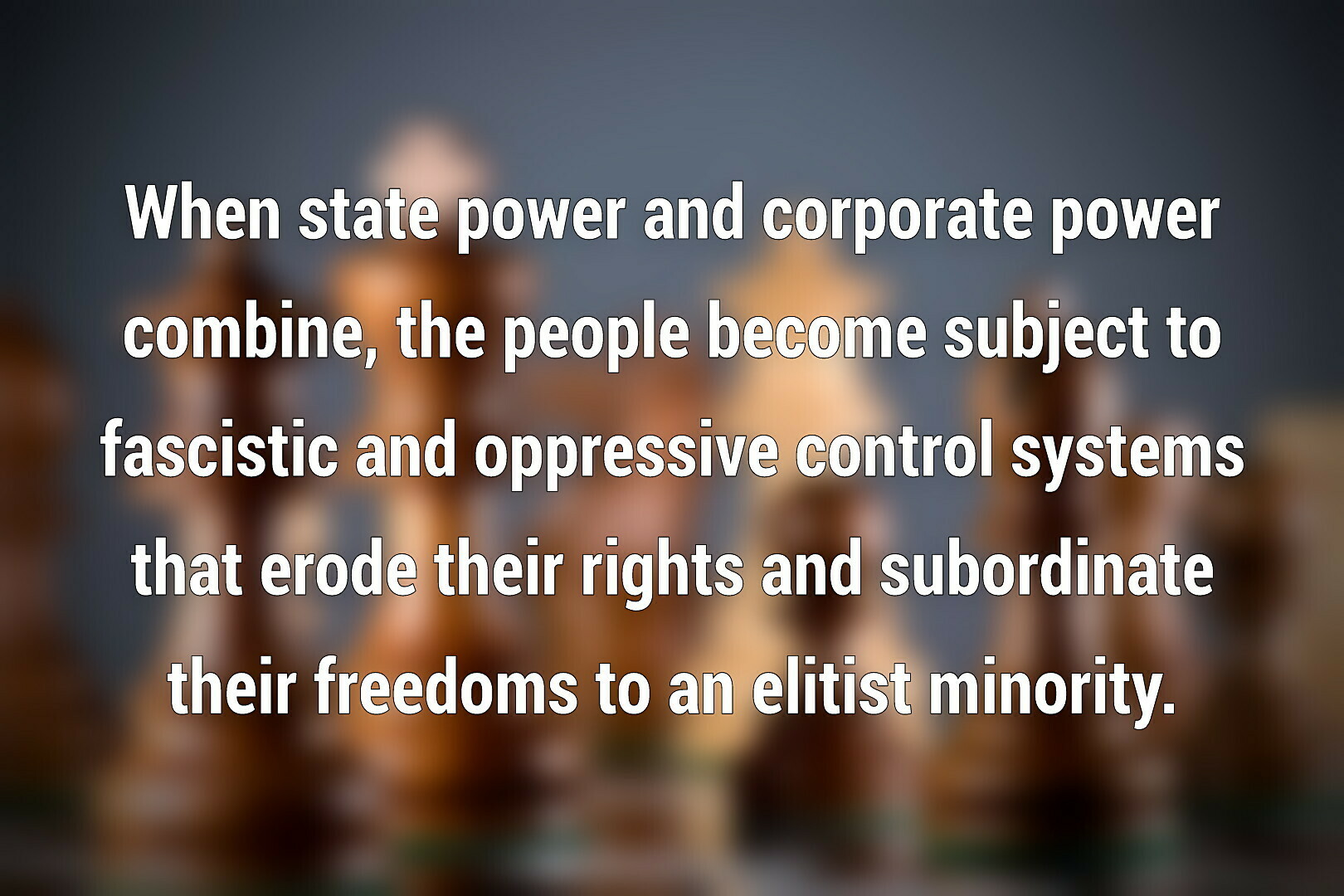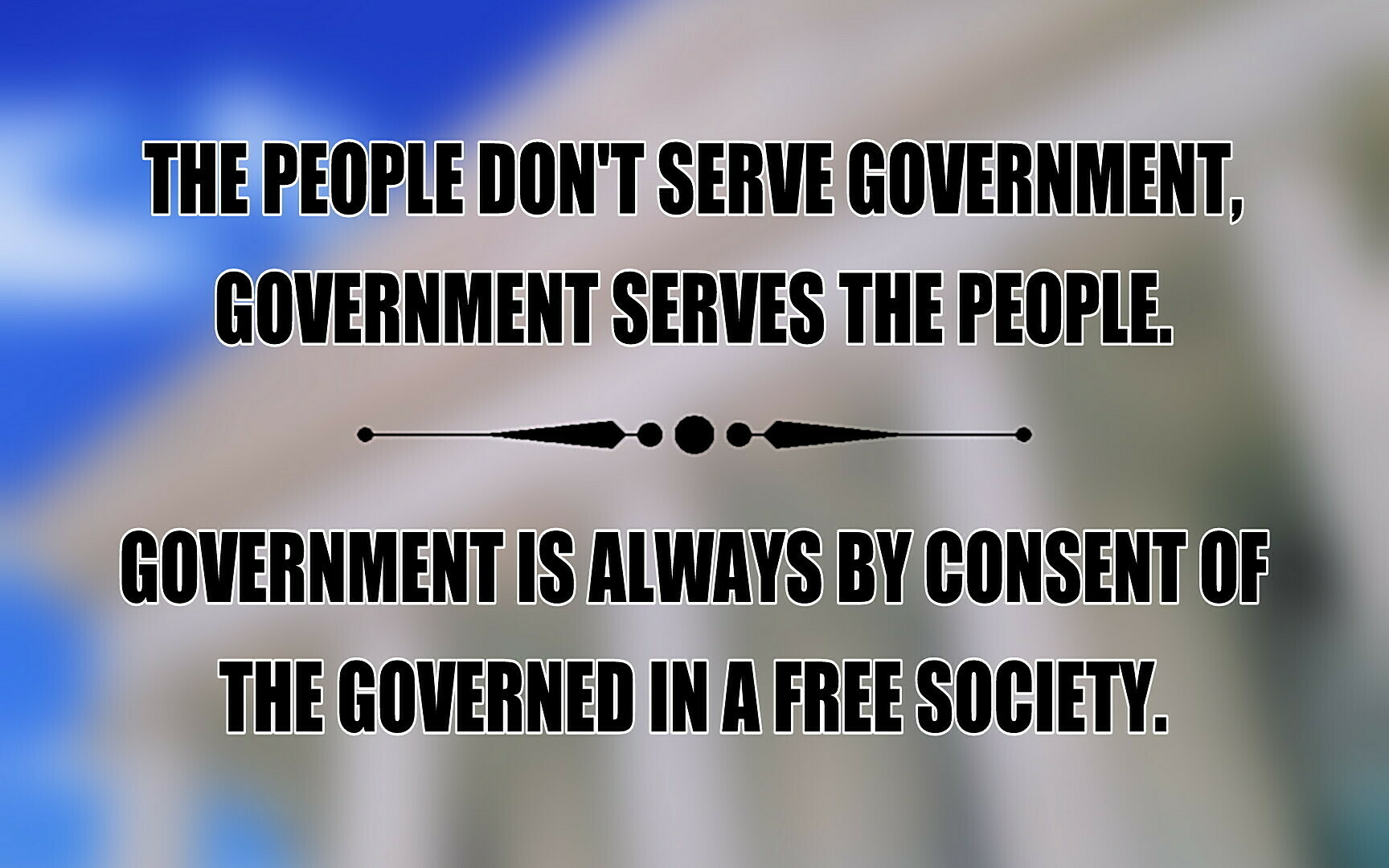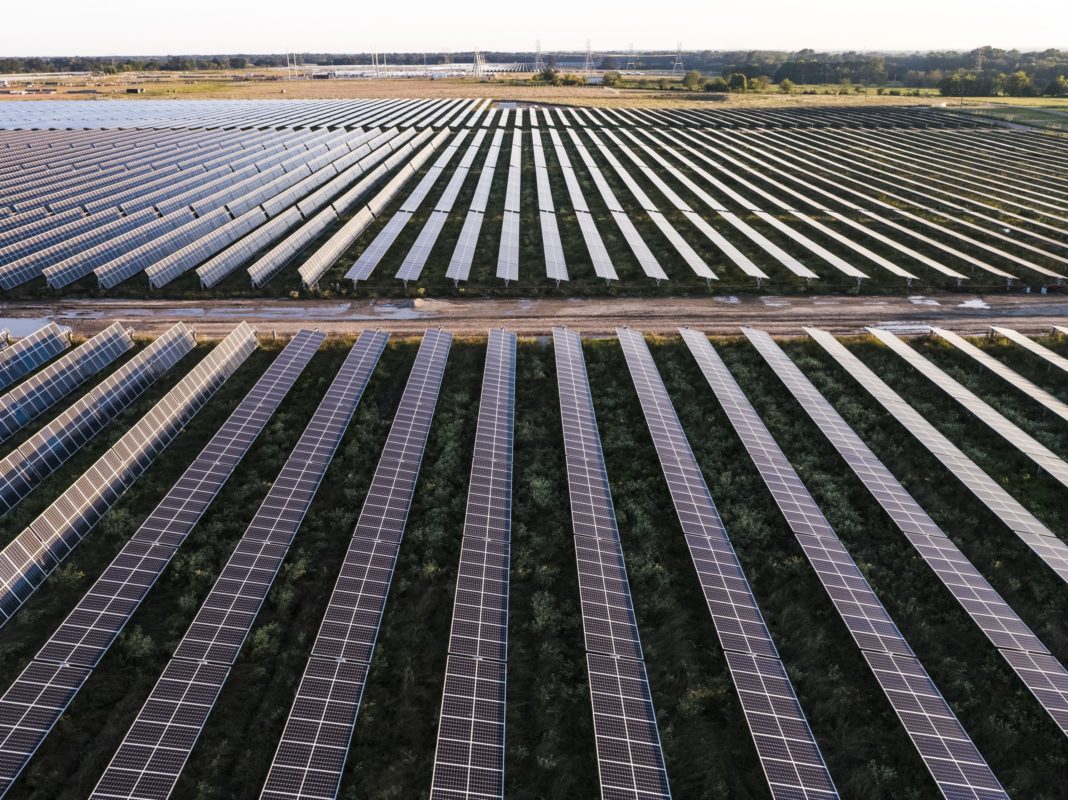Compassion fatigue has long been an issue for people in the medical and humanitarian professions. People often enter those worlds because of a desire to care, and to be compassionate towards others, but often compassion is tested to the limits. What does compassion fatigue mean for both those suffering from emotional burnout, and those on the receiving end?
We hear from doctors, humanitarians, and experts who explain why compassion is a finite resource. While compassion can motivate us, using it up can lead to disaster and disconnect.
We explore whether a diet of death and destruction turns people away from news, and if shock advertising works for charities, or if it just adds to a feeling of helplessness and inaction. We ask if social media has further eroded our sense of compassion to strangers, and if compassion is even necessary online, where the rules seem so different to those offline.
We also hear from climate activists who argue that we need to move away from shock campaigning and “flies in the eyes” advertising, and reinforce the individual’s responsibility to affect change at a local level. But, is this realistic, and does pulling at the heartstrings actually lead to the most impactful outcomes?
An excellent piece I caught in passing a few days ago, re-listening now and downloaded for archival.
Compassion and fatigue are intrinsically linked. Compassion results in fatigue, fatigue disables compassion. Strong emphasis on healthcare and social service roles, but broadly applicable elsewhere. How to remain engaged, empathic, effective, and sane.
The compassion-fatigue relation strikes me as a companion to the agency-stress dichotomy: agency and stress are inverses.
https://www.bbc.co.uk/sounds/play/w3ct1gv6
53 minutes. youtube-dl and mpv access both work.
#compassion #fatigue #burnout #bbc #WorldService #agency #stress #podcast #psychology






